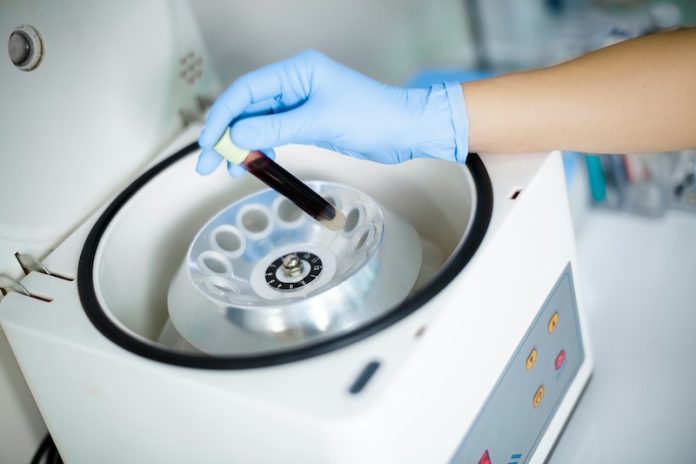
Pancreatic cancer is one of the hardest cancers to detect early and treat effectively. By the time it’s discovered, it’s often advanced, making it a leading cause of cancer-related deaths. The survival rate is sobering—only 12% of those diagnosed live longer than five years.
However, a new study brings hope by uncovering key details about how this deadly cancer starts and spreads.
Researchers from the Sloan Kettering Institute at Memorial Sloan Kettering Cancer Center and IRB Barcelona have made significant progress in understanding the early stages of pancreatic cancer.
Their findings, published in Science, could pave the way for better detection and treatment in the future.
The Role of Mutations in Pancreatic Cancer
Most cancers start with mutations—changes in DNA that disrupt how cells function. In pancreatic cancer, one mutation stands out: a change in the KRAS gene.
Normally, this gene helps regulate cell growth, but when mutated, it causes cells to grow uncontrollably, like a car with a stuck accelerator. This mutation isn’t unique to pancreatic cancer; it’s also common in lung and colorectal cancers, showing its importance in cancer development.
Inflammation as a Catalyst
Mutations alone don’t tell the full story. The study highlights how inflammation, often caused by injury or disease, plays a critical role in fueling cancer development. When pancreatic tissue becomes inflamed, it creates an environment that encourages cancer cells to grow and spread.
Even within one or two days of tissue damage, inflammation can make cells more capable of interacting with their surroundings, speeding up the cancer process.
Studying Pancreatic Cancer’s Early Stages
The researchers focused on pancreatic ductal adenocarcinoma (PDAC), the most common and aggressive type of pancreatic cancer.
Using genetically modified mice that mimic human pancreatic cancer, they tracked how normal cells begin transforming into cancerous ones. This approach allowed them to observe the changes in individual cells over time.
Shapeshifting Cells and Cancer Growth
One of the study’s most striking discoveries is “cell plasticity”—a cell’s ability to change its identity and take on new roles.
This shapeshifting allows precancerous cells to adapt and communicate more effectively. Inflammation enhances this plasticity, enabling cells to better send and receive signals, which helps cancer spread.
Interestingly, the researchers found that this process follows a predictable pattern. This consistency raises the possibility of one day controlling or even preventing these changes, potentially stopping cancer before it starts.
Detailed Insights with Single-Cell Analysis
To understand these changes more deeply, the team used single-cell analysis to study individual cells. They identified specific cells that acted as “communication hubs,” central to cancer development and spread.
Advanced computer analysis revealed that highly plastic cells were rich in genes related to communication. These cells interacted intensively with the immune system and other cells, accelerating cancer growth.
What This Means for Early Detection and Treatment
Understanding how pancreatic cancer begins offers a new opportunity for earlier detection, when the disease might still be treatable.
By targeting the initial changes in cells and the ways they communicate, researchers could develop therapies to slow or stop the disease’s progression.
While this study represents a major step forward, the researchers caution that much work remains to be done. Their findings provide a foundation for future research, potentially leading to better detection tools, more effective treatments, and, one day, a cure for pancreatic cancer.
This study not only deepens our understanding of pancreatic cancer but also brings hope to those affected by this devastating disease. By uncovering its earliest changes, scientists are opening new doors in the fight against cancer.
If you care about cancer, please read studies that a low-carb diet could increase overall cancer risk, and vitamin D supplements could strongly reduce cancer death.
For more information about health, please see recent studies about how drinking milk affects the risks of heart disease and cancer and results showing higher intake of dairy foods linked to higher prostate cancer risk.
Copyright © 2024 Knowridge Science Report. All rights reserved.



